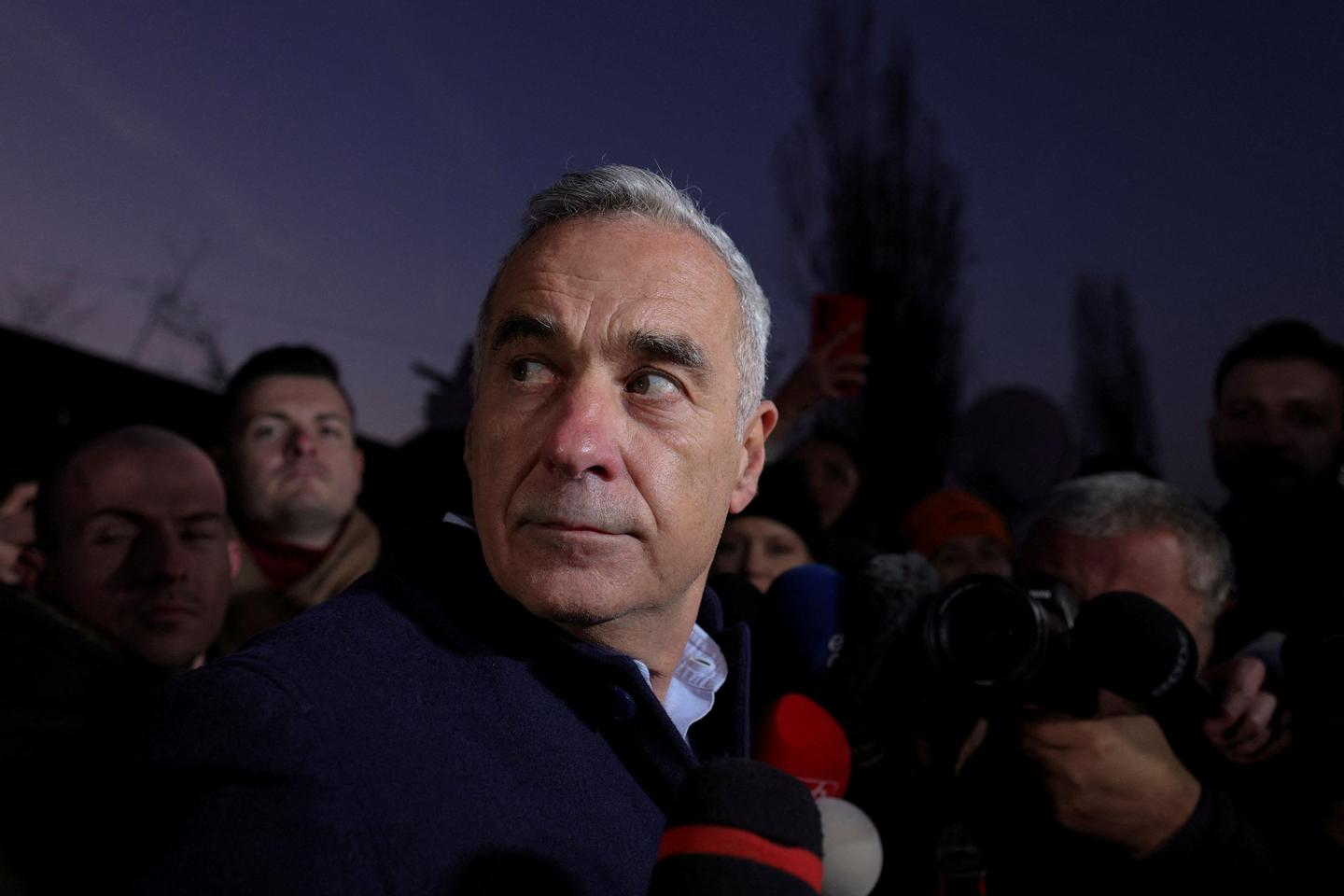


Romania's presidential election was thrown into chaos on Thursday, November 28, as a court ordered a recount of first-round results and security officials alleged that interference via TikTok had boosted a little-known far-right candidate. The moves came as the country braces for legislative polls plus a run-off vote between a far-right admirer of Russian President Vladimir Putin and a pro-European centrist contender.
The Romanian presidency said security officials had detected "cyberattacks" intended to influence the outcome of Sunday's vote, which saw far-right candidate Calin Georgescu secure an unexpected first-round win. Georgescu knocked Prime Minister Marcel Ciolacu out of the race, setting up a second-round runoff on December 8 with centrist Elena Lasconi, who placed second.
Another far-right candidate meanwhile went after Lasconi by obtaining an order from the Constitutional Court for a recount of the first-round votes. The candidate, EU parliament member Cristian Terhes, accused Lasconi's Union Save Romania (USR) party of continuing to campaign online after the legal deadline.
In response, the Constitutional Court said it had unanimously ordered a "re-verification and recount of all ballots" from Sunday's vote. But the court rejected a separate request by another presidential candidate to annul the first round of the vote, saying the request was filed too late. The court is due to reconvene on Friday at 2:00 pm.
TikTok election boost
Barely known outside Romania, Georgescu was allegedly boosted by viral TikTok campaigns calling for an end to aid for neighboring Ukraine in its war with Russia and sounding a skeptical note on NATO.
On Thursday, a top Romanian security body said Georgescu was granted "preferential treatment" by TikTok that it said led to his "massive exposure." In the statement, the Supreme Council of National Defence demanded that authorities "urgently take the necessary steps" to shed light on the matter.
TikTok denied the allegations. "It is categorically false to claim that his account was treated differently from those of other candidates," a spokesperson told Agence France-Presse (AFP). He "was subject to exactly the same rules and restrictions" as all the other candidates, the company said.
Georgescu also rejected the claim, saying in a statement that opponents "are trying... to eliminate the Romanian people's ability to think and choose according to their own moral, Christian and democratic principles." He added: "Attempts are being made to attribute a real election result to any institution, including TikTok, but none of the media and current politicians attribute real credibility to the Romanian people."
The defense council also said officials had detected "cyberattacks aimed at influencing the correctness of the electoral process" in Sunday's vote. It reported "a growing interest" on the part of Russia "to influence the public agenda in Romanian society."
On Wednesday, the European Commission said it had received a request from Romania's media regulator to open "a formal investigation into TikTok's role in the Romanian elections" under the EU's Digital Services Act (DSA). "If the Commission suspects a breach... it can open proceedings to look into TikTok's compliance with the DSA obligations," it said in a statement.
